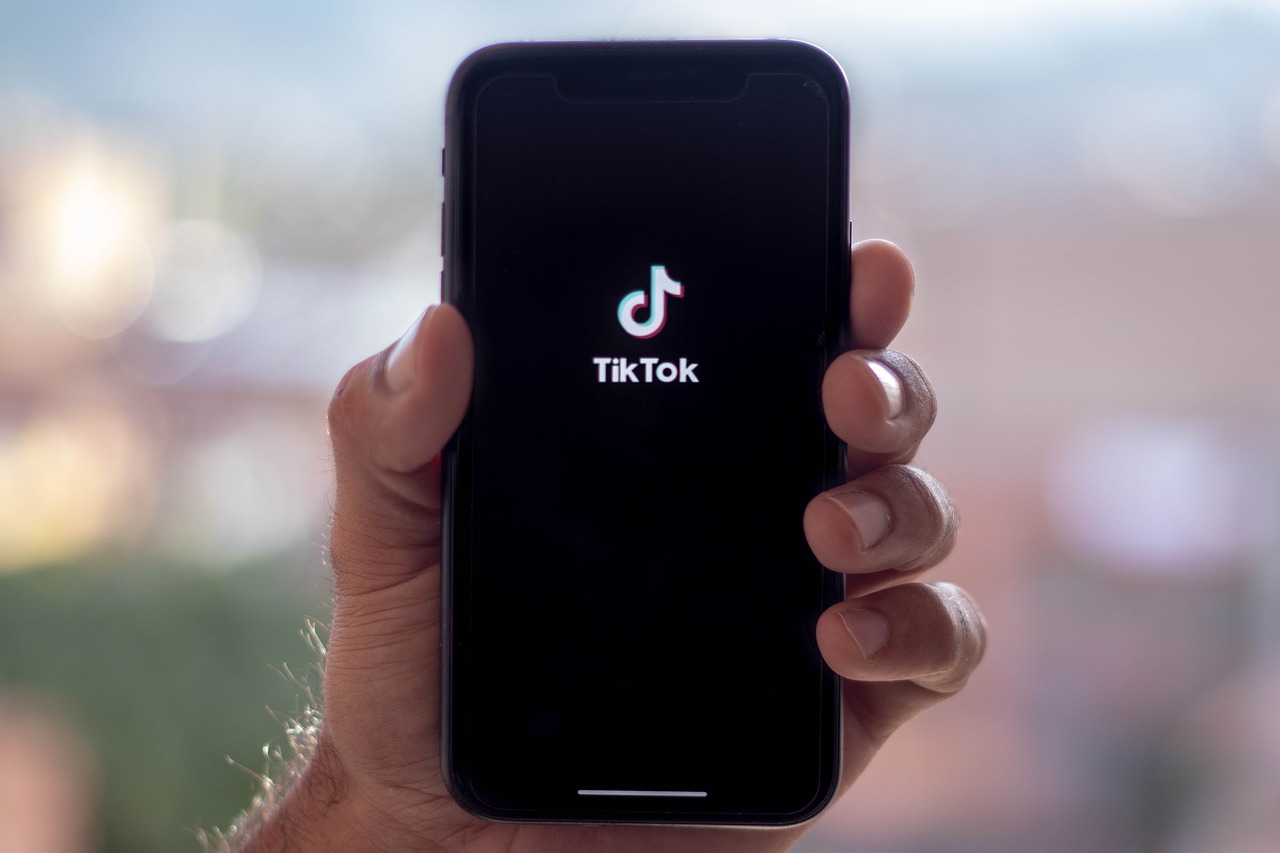Why Diet Still Reigns Supreme
You can hit the gym five times a week, fast intermittently, or track every macro. But none of it works if your diet’s a mess. Food is the foundation. Not just for weight control, but for energy, immunity, sleep quality, and mental focus.
The dietary infoguide ontpdiet highlights this principle with one clear message: you don’t need magic foods, you need consistency with balanced meals. Aim for nutrient density. Say goodbye to beige, overprocessed plates and hello to colors, fibers, and healthy fats.
Core Habits That Work
Forget crash plans and detoxes. Sustainable nutrition sticks with a few unshakeable habits:
Eat real food: Minimally processed, singleingredient foods should dominate your plate. Prioritize protein: Helps with satiety, muscle maintenance, and metabolic function. Opt for lean meats, legumes, eggs, and fish. Mind your carbs: Not all carbs are evil. Go for complex ones—like oats, quinoa, and sweet potatoes—over refined sugars. Healthy fats are your friend: Avocados, nuts, seeds, and olive oil provide essential nutrients and keep you feeling full. Hydrate intelligently: Most people walk around half dehydrated. Start with water, skip sugary drinks, and watch caffeine timing. Simplify your meals: Not every dish needs an Instagram filter. A balanced plate beats a pretty one.
These habits are detailed in the dietary infoguide ontpdiet, giving you a practical blueprint, not fluff.
Meal Timing and Frequency
Intermittent fasting is trendy, but it doesn’t work for everyone. Likewise, six meals a day isn’t a magic fix either. The key is consistency—choose an eating window or meal pattern that fits your day and energy needs.
What matters more than when you eat is how often you binge, skip, or graze without purpose. Regular, intentional meals grounded in whole foods create discipline and reduce cravings.
The dietary infoguide ontpdiet offers frameworks, not formulas. One person’s 16:8 fast might be another’s 3meal classic approach. Both can work, if they follow smart food choices.
Supplements: Support, Not Staples
If your diet stinks, supplements won’t save you. But once the basics are locked in, a few smart additions can fill gaps. Think:
Vitamin D if sunlight’s lacking Omega3s if fatty fish is minimal Magnesium for better muscle function and sleep Creatine for improved physical performance
Supplements should complement your food intake, not cover up deficiencies caused by poor diet. Check your needs before loading up a pill cabinet.
Reading Labels Like a Pro
This matters more than you think. Food marketing is deliberate. Brands use buzzwords like “natural,” “light,” or “immuneboosting” to create a health halo. Many of these items are ultraprocessed with additives, hidden sugars, or cheap oils.
Here’s how to cut through label noise:
Scan ingredient lists first, not calories Short ingredient lists = usually better Prioritize whole food components: oats, nuts, lentils, etc. Ignore frontofpackage claims Know sugar aliases: dextrose, maltose, corn syrup, etc.
The dietary infoguide ontpdiet has a complete cheat sheet on decoding labels without needing a nutrition degree.
Eating Out Without Derailing Your Progress
You’re going to eat out. So make it work for—not against—you. When at restaurants:
Scan menus ahead of time when possible Default to grilled, steamed, or baked items Limit fried sides, sugary additions, extra sauces Watch portion sizes—most servings are oversized Skip the “free” bread unless you really want it
You don’t have to avoid dining out. Just strategize. One meal won’t wreck your goals, but poor patterns will.
Staying Consistent Without Going Mad
Rigid diets are boring and unsustainable. The trick isn’t perfection—it’s structure with flexibility. Build meals around your schedule, not the other way around.
Here’s what that looks like:
Batchcook staples like protein and grains Keep frozen vegetables for backup Rotate a few goto meals rather than constantly reinventing the wheel Allow planned treats, not impulsive binges Track what matters: energy, digestion, consistency—not just weight
The dietary infoguide ontpdiet encourages a balanced mindset: eat with purpose most of the time, make room for life the rest of the time.
Final Thoughts: Know the Big Picture
You won’t always feel motivated. That’s okay. But if you systemize your food choices, you won’t need constant willpower.
Eating should be simple, smart, and repeatable. You’re not trying to nail a perfect macro profile every day. You’re building patterns that hold up over months (and years).
The dietary infoguide ontpdiet isn’t just another plan. It’s a mindset reset: less noise, more principles that actually work when applied consistently. Start there, finetune as needed, and the rest takes care of itself.


 Johnnie Moorendezo played a key role in helping build ONTP Diet by contributing to its early development and operational foundation. With a practical, detail-oriented approach, Johnnie supported the shaping of content structure, workflow processes, and overall project coordination. His collaborative mindset and commitment to quality helped ensure that ONTP Diet grew into a reliable, user-friendly platform focused on realistic and sustainable nutrition guidance.
Johnnie Moorendezo played a key role in helping build ONTP Diet by contributing to its early development and operational foundation. With a practical, detail-oriented approach, Johnnie supported the shaping of content structure, workflow processes, and overall project coordination. His collaborative mindset and commitment to quality helped ensure that ONTP Diet grew into a reliable, user-friendly platform focused on realistic and sustainable nutrition guidance.
